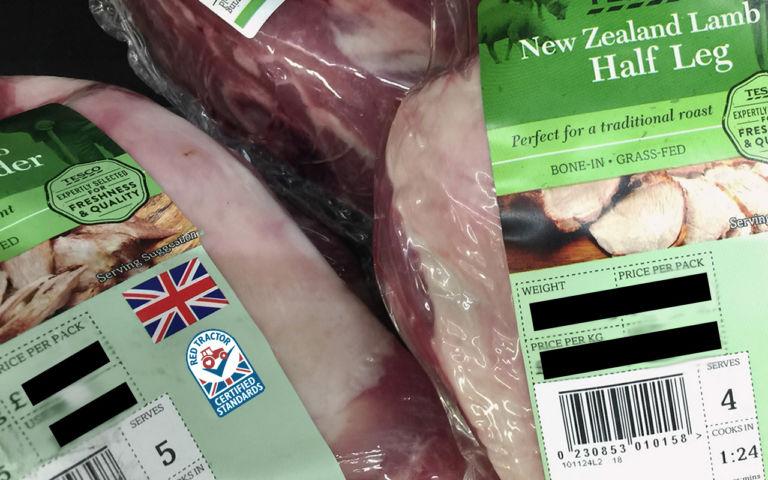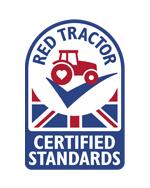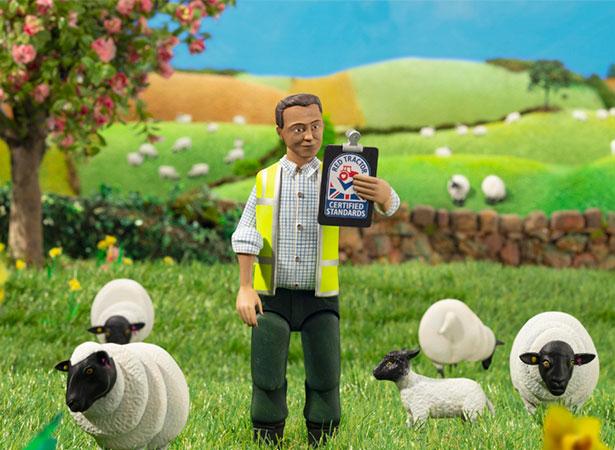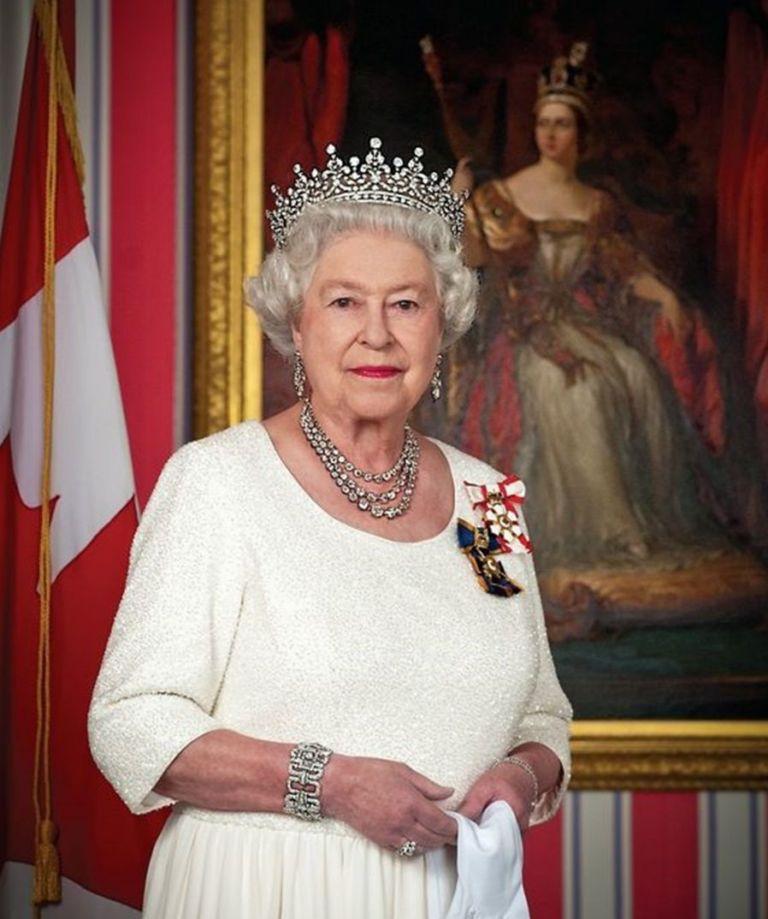
As the UK’s largest and most-comprehensive food assurance scheme, we get our fair share of questions from shoppers, farmers and the media.
The debate about standards and the impact of post-Brexit trade deals is fierce, fueling a surge in interest and scrutiny of how food is produced in the UK.
In recent months, the Red Tractor team has received an influx of queries driven by the various Free Trade Agreements declared by the UK government. People look to us because independent assurance schemes like Red Tractor are seen as a cornerstone of trust in UK food, as a recent report has found.
In June this year we got news of an agreement with Australia, and in October a deal with New Zealand was announced. We received messages from shoppers asking what it meant for the food they see on supermarket shelves, and how they could be sure that what they choose to buy is grown, reared and produced in the UK.
The answer is that for food which can be traced back to British farms and is produced to trusted standards, always look for the Red Tractor logo.
To help, we shared a simple infographic on social media which clearly highlighted some key differences in the legal farming practices between the UK and New Zealand. This was based on the facts, legislation and the knowledge of our technical experts who live and breathe the nitty gritty detail.
Some claims and even an edited version of our infographic later surfaced in reply. Understandably, this has led to some confusion.
Let’s examine each of the points made in turn.
- Ractopamine – this growth hormone is banned for all livestock in the UK, and our post specifically refers to its legal use for pigs in New Zealand.
- Paraquat – all sides of the argument accepted that this weed killer has long been banned in the UK but is approved for legal use in crop production in New Zealand.
- Transportation times – there is no time limit written into New Zealand’s animal welfare law, whereas this is the case in the UK. It has since been claimed that because of the size of the country it would “unusual” for livestock to travel longer than eight hours without feed and water.
- Tail docking and castration of sheep using a rubber ring – it is written into New Zealand law that this must be done within six months of birth, whereas in the UK it is a Red Tractor farm standard that this must be done within seven days of birth.
- Dehorning cattle with anaesthetic – Red Tractor’s post referred specifically to anaesthetic used to numb an area of the body. Some confused this with analgesics, more commonly known as pain killers.
- CCTV in slaughterhouses – the New Zealand Code of Welfare for commercial slaughter makes no reference to CCTV requirements.
In sharing this post, we were answering legitimate questions put to us as the UK’s largest and most-trusted food assurance scheme, and we did so transparently and in good faith.
Red Tractor was founded two decades ago with the core purpose of rebuilding consumer trust in the entire British food industry after numerous damaging food scares. We’ve come a long way from the bad days of the 1990s where, for example, shops and restaurants would actively advertise how they didn’t sell British beef.
Today, we remain as committed as ever to our founding purpose to reassure shoppers that the food and drink that they buy to feed their families is traceable, safe and farmed with care.



